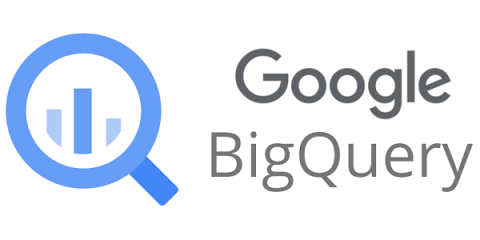Smile with new user-friendly SQL capabilities in BigQuery
October happens to be the month to celebrate World Smile Day when Harvey Ball, the inventor of the smiley face declared this day as such to give people a reason to smile. This month, BigQuery users have a lot of new reasons to smile about with the release of new user-friendly SQL capabilities now generally available.









